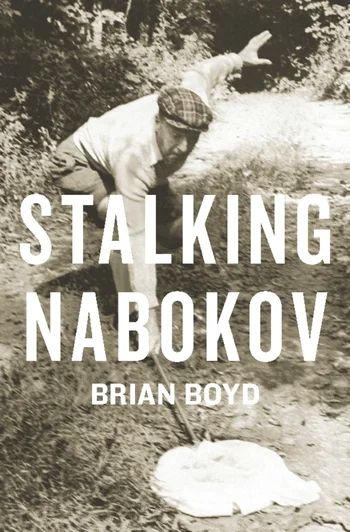1/10 Professor Brian Boyd is one of the world's foremost experts on the Russian novelist Vladimir Nabokov. Armed with these credentials, Boyd has waded into the argument about Matauranga Maori. Unsurprisingly, Boyd has had nothing sensible to say. 

2/10 Talking to Newsroom, Boyd claimed that Matauranga Maori was a threat to science, and compared it to Christian Creationism. Because indigenous thought is 'holistic', Boyd said, Matauranga Maori will demand that every Maori oral tradition is taken as literal fact. 

3/10 Boyd is worried that Matauranga Maori scholars treat Maui's fishing up of islands as historical fact, and see taniwha as long-lost pleisiosaurs lurking in our rivers and lakes. He should have talked to some of his colleagues at the University of Auckland.
4/10 As Auckland geologist Dr Daniel Hikuroa has made clear, Matauranga Maori involves searching through Polynesian traditions and practices and differentiating what is scientific from what is not. Hikuroa points to the Maori lunar calendar as a work of science. 

5/10 It is ironic for a Pakeha scholar to accuse Maori scholars of wanting to treat every aspect of Polynesian tradition as literally true, because that approach was taken in the 19th & early 20th centuries by the likes of Percy Smith and Elsdon Best. The results were disastrous
6/10 As David Simmons has shown in his book The Great New Zealand Myth, Smith and Best inappropriately lumped together different waka traditions and conflated mythological and literal details from those traditions to arrive at the story of the Great Fleet of seven waka. 

7/10 It's also ironic for Boyd to liken Maori scholars to Christian zealots, b/c it was Christian bigotry that disrupted Maori intellectual traditions. The Tohunga Suppression Act outlawed those traditions.Scholars like Maori Marsden had to study at secret, secluded whare wananga 

8 Perhaps we could make an analogy using a subject with which Boyd is familiar. In addition to being a great novelist, Vladimir Nabokov was an expert entomologist, who discovered many species of butterflies. 

9/9 It is quite possible to study Nabokov's scientific work without having to treat his novels as works of science. In the same way, it is possible for scholars like Hikuroa to separate Maori science from literary works like the legends of Maui. 

• • •
Missing some Tweet in this thread? You can try to
force a refresh























